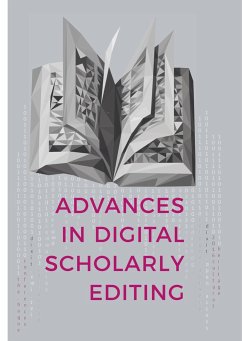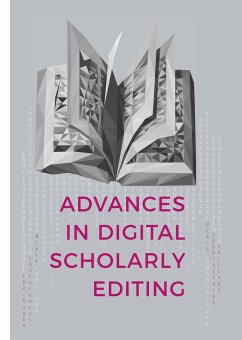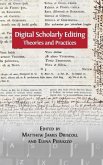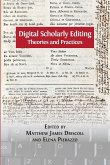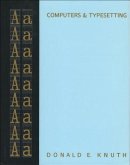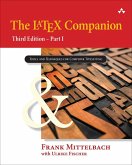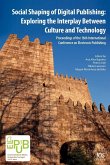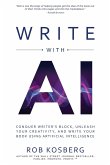As the papers in this volume testify, digital scholarly editing is a vibrant practice. Scholarly editing has a long-standing tradition in the humanities. It is of crucial importance within disciplines such as literary studies, philology, history, philosophy, library and information science, and bibliography. In fact, digital scholarly editing represents one of the longest traditions in the field of Digital Humanities - and the theories, concepts, and practices that were designed for editing in a digital environment have in turn deeply influenced the development of Digital Humanities as a discipline. By bringing together the extended abstracts from three conferences organised within the DiXiT project (2013-2017), this volume shows how digital scholarly editing is still developing and constantly redefining itself. DiXiT (Digital Scholarly Editing Initial Training) is one of the most innovative training networks for a new generation of scholars in the field of digital scholarly editing, established by ten leading European institutions from academia, in close collaboration with the private sector and cultural heritage institutions, and funded under the EU's Marie Sklodowska-Curie Actions. The partners together represent a wide variety of technologies and approaches to European digital scholarly editing.The extended abstracts of the convention contributions assembled in this volume showcase the multiplicity of subjects dealt with in and around the topics of digital editing: from issues of sustainability to changes in publication cultures, from the integrity of research and intellectual rights to mixed methods applied to digital editing - to name only a few.
Hinweis: Dieser Artikel kann nur an eine deutsche Lieferadresse ausgeliefert werden.
Hinweis: Dieser Artikel kann nur an eine deutsche Lieferadresse ausgeliefert werden.

